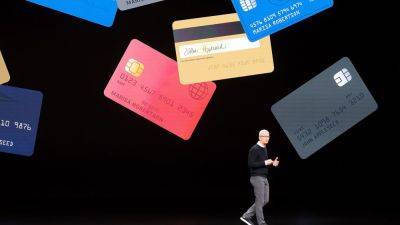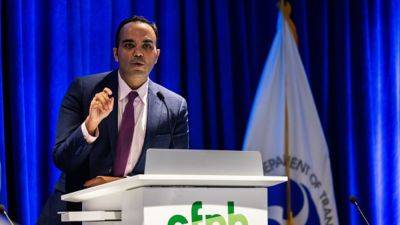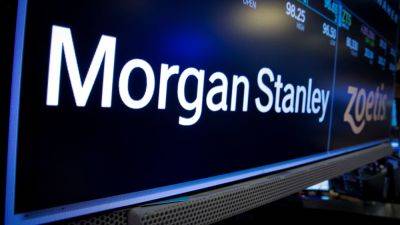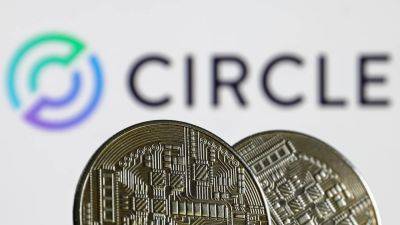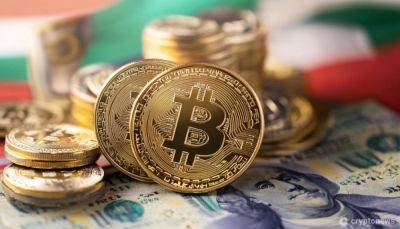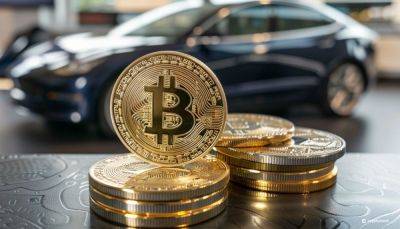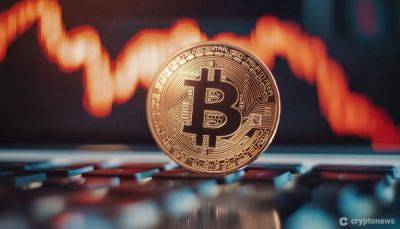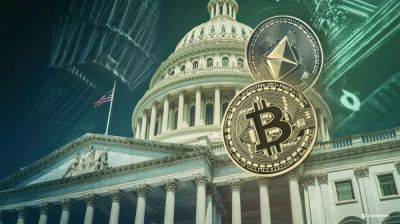Why JPMorgan Chase is prepared to sue the U.S. government over Zelle scams
In this article
Buried in a roughly 200-page quarterly filing from JPMorgan Chase last month were eight words that underscore how contentious the bank's relationship with the government has become.
The lender disclosed that the Consumer Financial Protection Bureau could punish JPMorgan for its role in Zelle, the giant peer-to-peer digital payments network. The bank is accused of failing to kick criminal accounts off its platform and failing to compensate some scam victims, according to people who declined to be identified speaking about an ongoing investigation.
In response, JPMorgan issued a thinly veiled threat: «The firm is evaluating next steps, including litigation.»
The prospect of a bank suing its regulator would've been unheard of in an earlier era, according to policy experts, mostly because corporations used to fear provoking their overseers. That was especially the case for the American banking industry, which needed hundreds of billions of dollars in taxpayer bailouts to survive after irresponsible lending and trading activities caused the 2008 financial crisis, those experts say.
But a combination of factors in the intervening years has created an environment where banks and their regulators have never been farther apart.
Trade groups say that in the aftermath of the financial crisis, banks became easy targets for populist attacks from Democrat-led regulatory agencies. Those on the side of regulators point out that banks and their lobbyists increasingly lean on courts in Republican-dominated districts to fend off reform and protect billions of dollars in fees at the expense of consumers.
«If you go back 15 or 20 years, the view was it's not particularly smart to antagonize your regulator, that litigating all
Read more on cnbc.com


